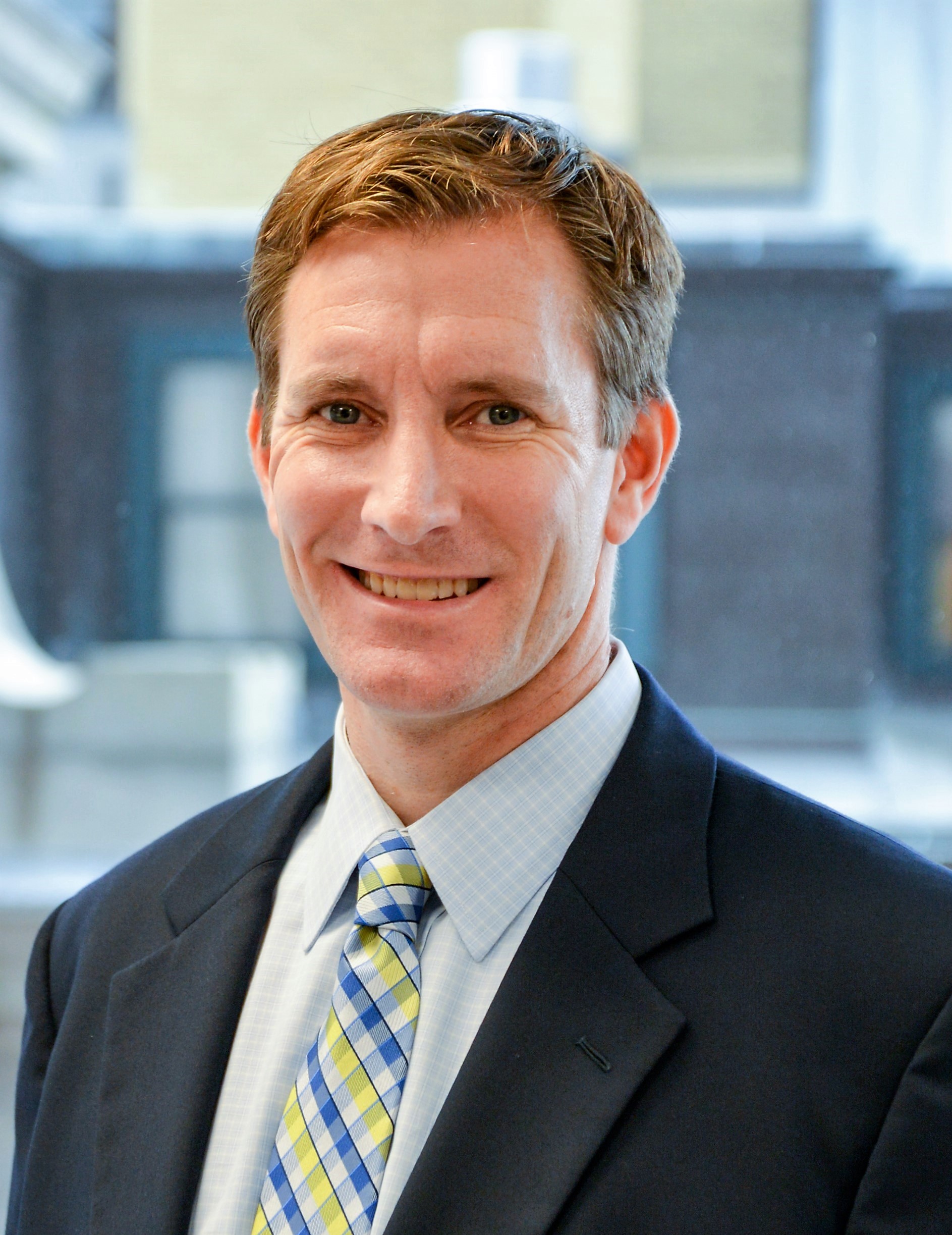October 2023 President's Report

Michael R. Cunningham, PE, Senior Principal Engineer, Kleinfelder
The theme of the October issue of the newsletter is Resilient Design. When I hear the term resilience, I think about how the engineering industry is adapting to deal with the impacts of climate change on extreme weather, such as record-breaking heat waves, severe floods, intense rain, droughts, and extreme wildfires. It seems all these events now occur annually throughout the United States. Locally, summer 2023 ranks as the second rainiest on record in Boston with 20 inches in three months. This follows after the fourth driest summer last year, and the fourth wettest summer the year before.
The objectives of the BSCES Committee on Sustainability include increasing awareness of the need for sustainable engineering and promoting resilient design initiatives. In this issue, the committee chair, Elizabeth Clark PE, ENV SP, SITES AP, from MassDEP, discusses these objectives in her featured group article. Also in this issue, newly appointed BSCES Legislative Fellow, Bruce Jacobs, PhD, PE, provides his first “Legislative Fellow Update” describing various bills of interest to the engineering industry that are being considered by the Massachusetts legislature. It has been several years since BSCES last appointed a legislative fellow, so it is exciting to have Bruce now serving as a technical resource to the state senate and keeping members informed of important bills and other matters that impact us. Thank you Bruce for serving in this important position!
This issue includes a great article by VHB about the Dorchester Bay City Living Levee and Resiliency Design. Amongst many other benefits provided by the Dorchester Bay City project, it will include a 2,000-linear-foot vegetated living levee to protect the City of Boston from sea-level rise and storm surge and a vegetated raised ridge along the seaward edge of the development. Check out this article to read about cutting edge resilient design strategies for a coastal project.
Lastly, I wrote an article on my experience at the 2023 ASCE Presidents and Governors Forum, held at ASCE headquarters in Reston, VA. This was an excellent two-day training and networking event intended to enhance my time serving as BSCES president.
On October 19, ASCE announced that it released a “first-of-its-kind” standard, ASCE/COS 73-23: Standard Practice for Sustainable Infrastructure. In the announcement, ASCE President Maria Lehman was quoted as describing it “as a transformational standard that for the first time will establish consensus guidance on how infrastructure owners should address sustainability in their projects. As of early September, there have been 23 confirmed weather/climate disaster events in the U.S. with losses exceeding $1 billion. That’s almost one every week and a half. Sustainability and resilience are more important than ever. Infrastructure owners and designers have a responsibility to develop and implement practices that promote sustainability and long-term reliability of infrastructure projects, while also being cost-effective and collaborative with community stakeholders.” This standard is not mandatory but can be used to help project owners develop and implement sustainable solutions through a project’s entire life cycle. “It is a performance-based standard designed for civil infrastructure ranging from transportation projects to water systems to the energy grid, developed over a period of five years involving a multitude of diverse stakeholders.”